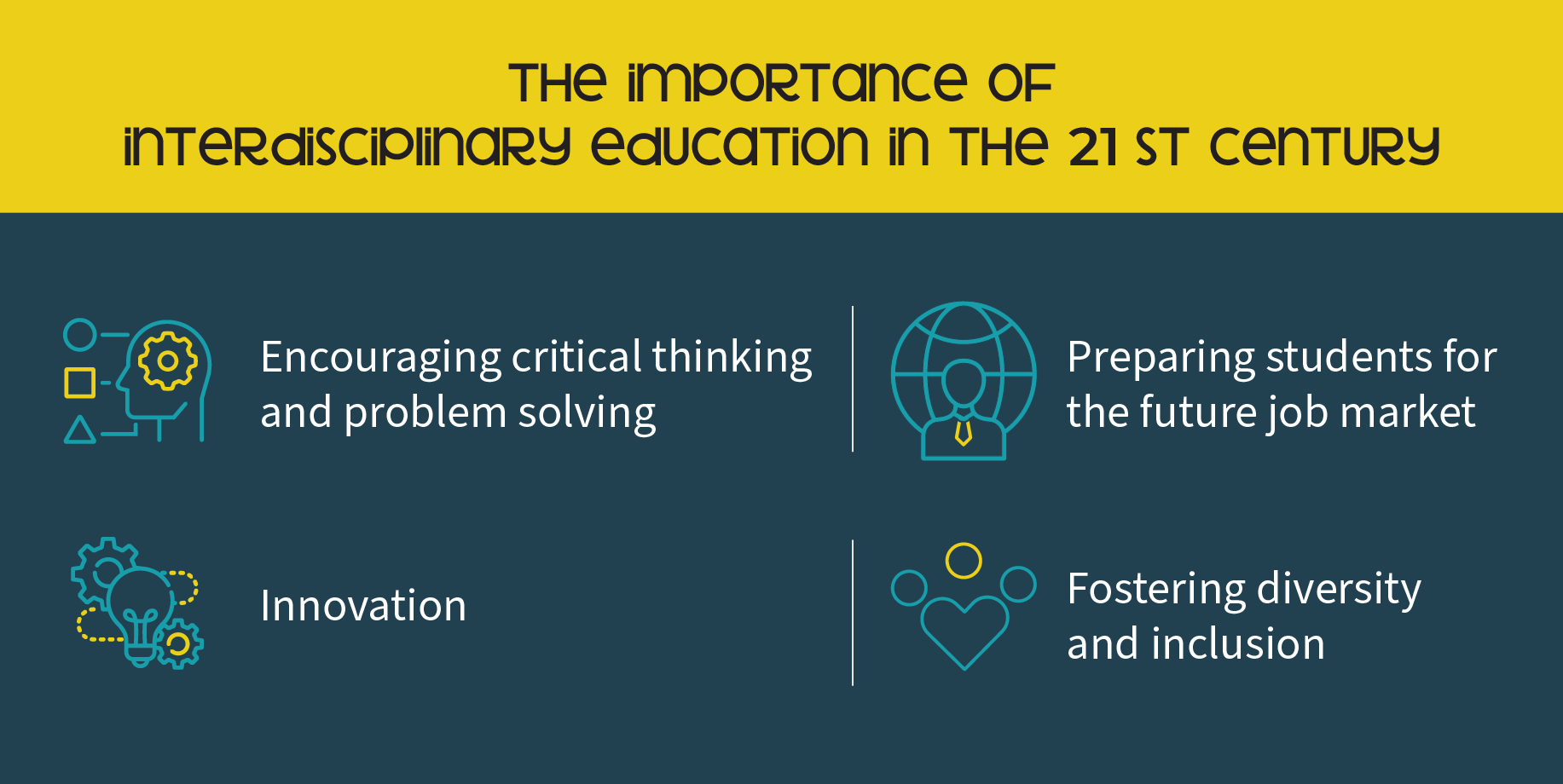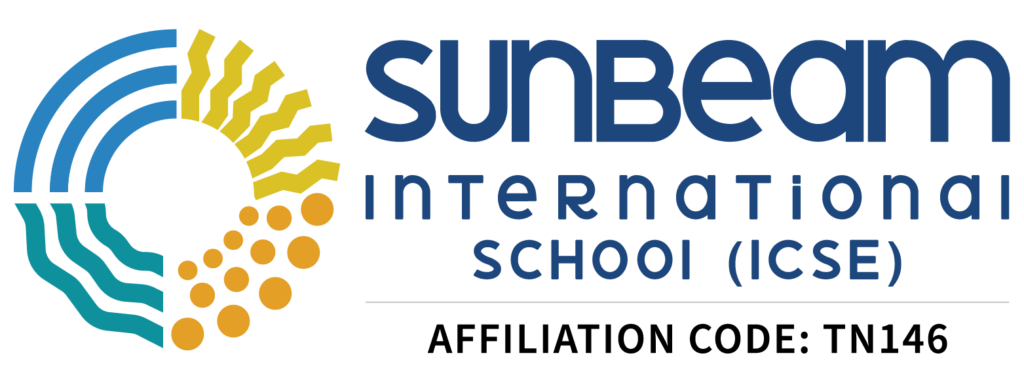
The world today is interlinked. Countries, businesses, industries, all have emerged from their silos and now exist in an increasingly mixed world. This world throws up problems as complex as its make-up. And therefore, no single field of study can provide all the solutions to these problems we face today. That’s where interdisciplinary education comes in.
Interdisciplinary education is the integration of knowledge and methods from different fields of study to provide a more comprehensive and holistic understanding of a particular issue. In this blog, we’ll take a look at why interdisciplinary education is so important in the 21st century.

Encouraging critical thinking and problem solving
Interdisciplinary education encourages critical thinking and problem-solving skills. When students are exposed to a range of different perspectives and approaches, they are forced to think beyond their own discipline and consider alternative solutions. This can lead to more creative and effective problem-solving, as well as a greater appreciation for the complexity of real-world issues.
Preparing students for the future job market
Interdisciplinary education prepares students for the modern job market. According to The Future of Jobs Report (2018) by the World Economic Forum, the skills most in demand in the job market today are not specific to any one field, but rather require a combination of skills from different disciplines. For example, employers are increasingly looking for employees who have both technical skills and soft skills like communication and collaboration. By providing a more well-rounded education, interdisciplinary programs help students develop these sought-after skills.
Innovation
Another vital trait of interdisciplinary education is that it can lead to new discoveries and innovations. When researchers from different fields collaborate, they can combine their expertise to tackle problems that might otherwise be impossible to solve. For example, interdisciplinary research has led to breakthroughs in fields like bioengineering and environmental science.
Fostering diversity and inclusion
When students are exposed to different perspectives and ways of thinking, they are better equipped to understand and empathise with people from different backgrounds. This can lead to a more inclusive society where people of all races, genders, and cultures feel valued and respected.

When preparing an education plan/policy for the 21st century, one simply cannot ignore interdisciplinary education. For reasons discussed above and even beyond, it has the potential to create a better world for us all. So if you’re a student or an educator, consider exploring interdisciplinary programs and courses – you never know what kind of exciting opportunities and insights you might discover!

